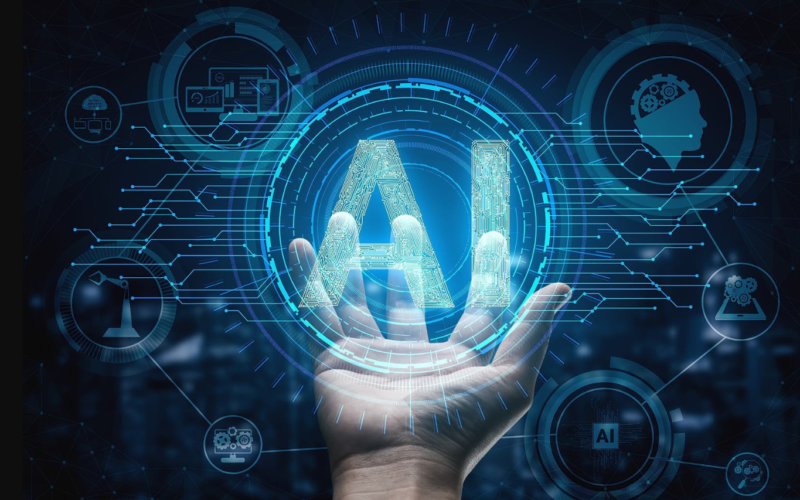Artificial Intelligence (AI) has emerged as a transformative force with the potential to positively impact society in various ways. However, the key to harnessing its benefits lies in fostering a collaborative relationship between humans and machines. This article explores the potential of AI in shaping a better society and emphasizes the crucial role of human-machine collaboration in realizing this vision.
Artificial Intelligence holds the promise of revolutionizing various aspects of society, from healthcare and education to business and governance. Its ability to analyze vast datasets, identify patterns, and automate complex tasks has the potential to enhance efficiency, improve decision-making processes, and contribute to solving some of the most pressing challenges facing humanity.
While AI presents immense possibilities, its successful integration into society requires a collaborative approach that involves humans and machines working together harmoniously. The synergy between human intelligence and AI capabilities can lead to innovative solutions and a more inclusive and equitable implementation of technology.
One of the primary benefits of integrating AI into society is its capacity to augment human capabilities. By automating routine tasks, AI allows individuals to focus on tasks that require creativity, critical thinking, and emotional intelligence—attributes that are uniquely human. This collaborative approach empowers individuals to leverage AI as a tool for amplifying their problem-solving abilities and driving positive societal change.
Collaborative efforts between humans and AI are essential in addressing the ethical concerns and biases that may arise in algorithmic decision-making. Human oversight ensures that AI systems align with ethical standards and adhere to principles of fairness, transparency, and accountability. By actively involving humans in the development and deployment of AI technologies, we can mitigate the risks associated with bias and ensure responsible AI practices.
The integration of AI into education facilitates skill development and prepares individuals for the evolving job market. Collaborative learning environments, where AI supports personalized learning experiences, empower students to acquire a diverse set of skills. This collaborative approach ensures that education remains adaptive to the demands of the future workforce, fostering a society that is well-equipped to navigate technological advancements.
In the realm of healthcare and scientific research, AI plays a pivotal role in accelerating the pace of discovery. Collaborative efforts between AI systems and human researchers can lead to more accurate diagnoses, personalized treatment plans, and breakthroughs in medical research. The combination of human expertise and AI capabilities has the potential to revolutionize healthcare delivery, ultimately improving outcomes for individuals and communities.
To fully realize the benefits of AI in shaping a better society, building trust and ensuring social acceptance are paramount. Open dialogue and collaboration between technologists, policymakers, and the general public are essential in demystifying AI, addressing concerns, and establishing a foundation of trust. Human-machine collaboration, guided by ethical principles, can pave the way for a more inclusive and responsible deployment of AI technologies.
The transformative potential of AI in shaping a better society hinges on the collaborative integration of humans and machines. By fostering a partnership that leverages the strengths of both, we can harness the capabilities of AI to address societal challenges, enhance human potential, and create a future that is both technologically advanced and ethically grounded. The harmonious collaboration between humans and AI is not just a possibility but a necessity for building a positive and inclusive future for society.








